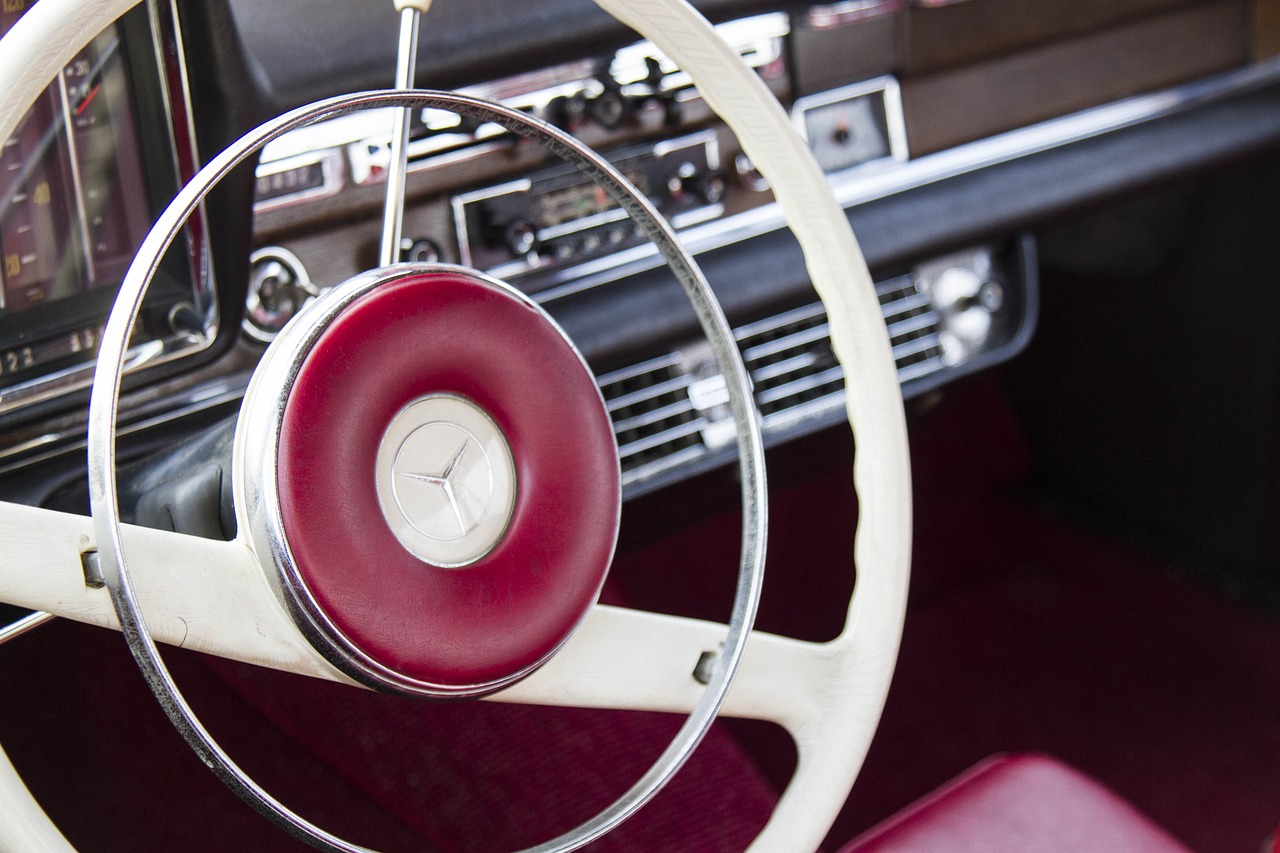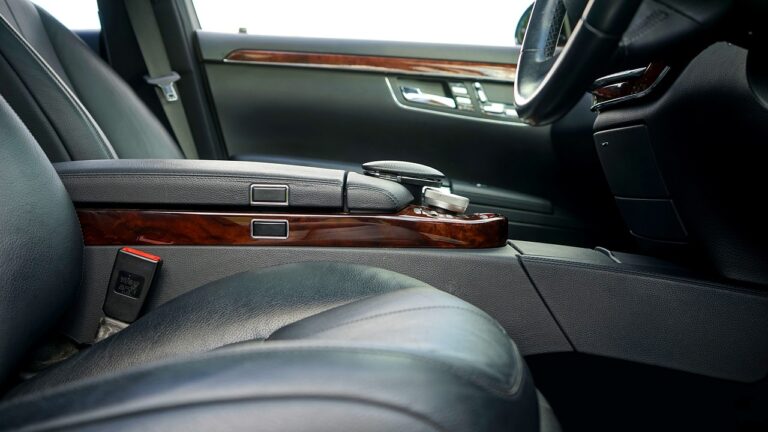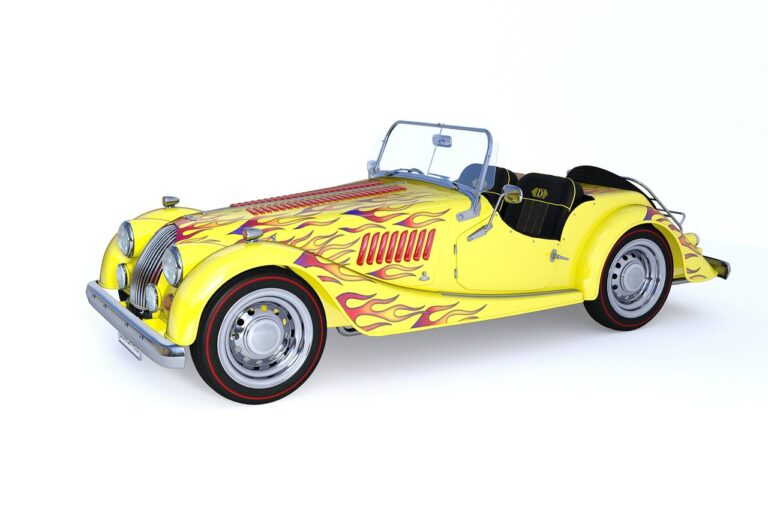Exploring the Role of Cars in Building Practical Skills and Knowledge
Cars play a significant role in fostering hands-on skills, as individuals engage in practical tasks such as changing oil, replacing tires, or fixing engine issues. These activities require focus, precision, and attention to detail, leading to the development of dexterity and coordination. By working on cars, people can enhance their ability to use tools effectively and manipulate various components, thereby honing their motor skills and manual dexterity.
Engaging in car maintenance tasks also provides individuals with a sense of accomplishment and self-reliance. As they successfully diagnose and resolve issues with their vehicles, they gain confidence in their problem-solving abilities and mechanical aptitude. This hands-on experience not only instills a sense of pride in one’s skills but also cultivates a can-do attitude towards tackling challenges in other aspects of life.
How Working on Cars Can Increase Problem-Solving Abilities
Working on cars offers a hands-on approach to problem-solving that can greatly enhance one’s cognitive abilities. As individuals navigate the complexities of diagnosing issues and executing repairs, they are forced to think critically and analytically. This process not only improves their mechanical skills but also sharpens their problem-solving capabilities in various aspects of life.
Furthermore, car maintenance requires individuals to troubleshoot and identify the root cause of problems. This constant exercise in problem-solving can lead to an increase in attention to detail and the development of a systematic approach to addressing issues. Through working on cars, individuals are able to cultivate a mindset that is adept at analyzing problems, formulating solutions, and executing tasks with precision.
Building Mechanical Knowledge Through Car Maintenance
Regular car maintenance can serve as a valuable hands-on learning experience for individuals looking to increase their mechanical knowledge. When working on cars, individuals have the opportunity to understand the various components that make up a vehicle and how they function together. This practical application allows for a deeper understanding of how engines, brakes, and other parts work, providing a solid foundation for building mechanical knowledge.
Engaging in car maintenance tasks also helps individuals develop problem-solving abilities. When faced with issues such as engine sputtering or brakes that aren’t functioning properly, individuals are required to diagnose the problem and come up with effective solutions. This process of troubleshooting challenges individuals to think critically, analyze the situation, and execute a plan to address the issue at hand.
• By regularly maintaining their car, individuals can improve their understanding of automotive systems
• Hands-on experience with various components helps in building a strong foundation in mechanical knowledge
• Problem-solving skills are honed through diagnosing and fixing issues that arise during maintenance tasks
• Critical thinking is developed as individuals analyze problems and execute plans to address them efficiently
Why is it important to develop hands-on skills through car maintenance?
Developing hands-on skills through car maintenance is important because it helps individuals gain practical experience and confidence in working with tools and machinery.
How can working on cars increase problem-solving abilities?
Working on cars can increase problem-solving abilities by requiring individuals to diagnose issues, research solutions, and apply critical thinking to fix problems effectively.
How can car maintenance help build mechanical knowledge?
Car maintenance involves understanding the components and systems of a vehicle, which can help individuals build mechanical knowledge through hands-on experience and troubleshooting various issues.







